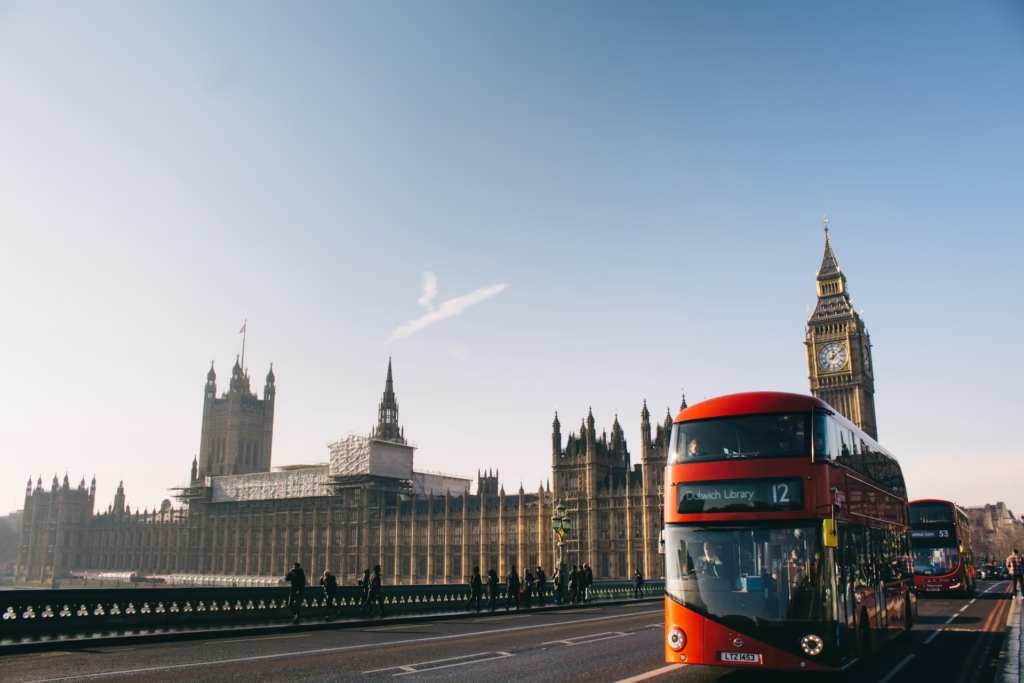The UK bans foreign workers from 100 occupations amid migration crackdown, a decision announced by the British Home Office in a quiet but impactful policy shift. This move, framed as a strategy to reduce net migration, is expected to send shockwaves through critical sectors including hospitality, healthcare, logistics, and public services.
A New Direction Under Labour Government
The Labour government of Sir Keir Starmer, which took office in July 2024, has been swift in reshaping the UK’s migration policies. Officials describe this step as a “fundamentals first” approach, prioritising British workers while tightening recruitment pathways that previously allowed employers to hire foreign staff with relative ease.
The Home Office, through a brief post on X on August 30th, confirmed that the ban aims to open more jobs for citizens and recalibrate the visa system around skills. However, the lack of a published list of the restricted occupations has left many employers and prospective migrants in uncertainty.
READ MORE: Best Remote Jobs for Nigerians in 2025 | High-Paying Online Work Opportunities
Criticism From Employers and Service Providers
While the government frames this as a win for British workers, critics argue that it is not. Care providers, unions, and industry groups have warned that the UK is banning foreign workers from 100 occupations amid a migration crackdown at a time when the labour market is already under immense pressure.
- Adult Social Care: Employers have relied heavily on international recruits since 2020. Restricting this pipeline could deepen existing shortages.
- Healthcare: Hospitals face staffing gaps that may worsen without continued support from foreign workers.
- Hospitality & Logistics: Sectors already struggling with vacancies could see service disruptions.
Independent analyses also show that visas for care and support staff have already declined sharply, raising concerns about escalating crises in essential services.
READ MORE: 10 Best Paying Part-Time Jobs in Japan for International Students
Impact Across Multiple Sectors
The government has indicated that the new restrictions will affect roles in the hospitality, logistics, healthcare support, creative industries, and public services sectors. The UK bans foreign workers from 100 occupations at a scale not seen in recent years, creating ripple effects for businesses, migrants, and communities that depend on these roles. Employers now face the dual challenge of contingency planning and recruiting domestically, often with limited resources and stagnant wage budgets.
Political and Economic Implications
This policy is more than just administrative reshuffling. It reflects a political pivot that tests the balance between reducing migration and sustaining essential services. By insisting on prioritising British workers, ministers are betting that the labour market can adapt quickly. But without urgent investment in pay, training, and working conditions, many fear the adjustment will be painful.
The UK ban on foreign workers from 100 occupations, amid a migration crackdown, could lead to service shortages, particularly in healthcare and care homes. Towns that rely on hospitality and logistics workers are also expected to feel the strain.
What Comes Next?
The coming weeks will be crucial. If the Labour government fails to pair restrictions with robust domestic recruitment drives and funding, the fallout could undermine both public services and private sector growth. For migrants who previously relied on these visas, the uncertainty adds another layer of stress as they navigate shifting immigration rules.
Discover more from Leaving Nigeria
Subscribe to get the latest posts sent to your email.





